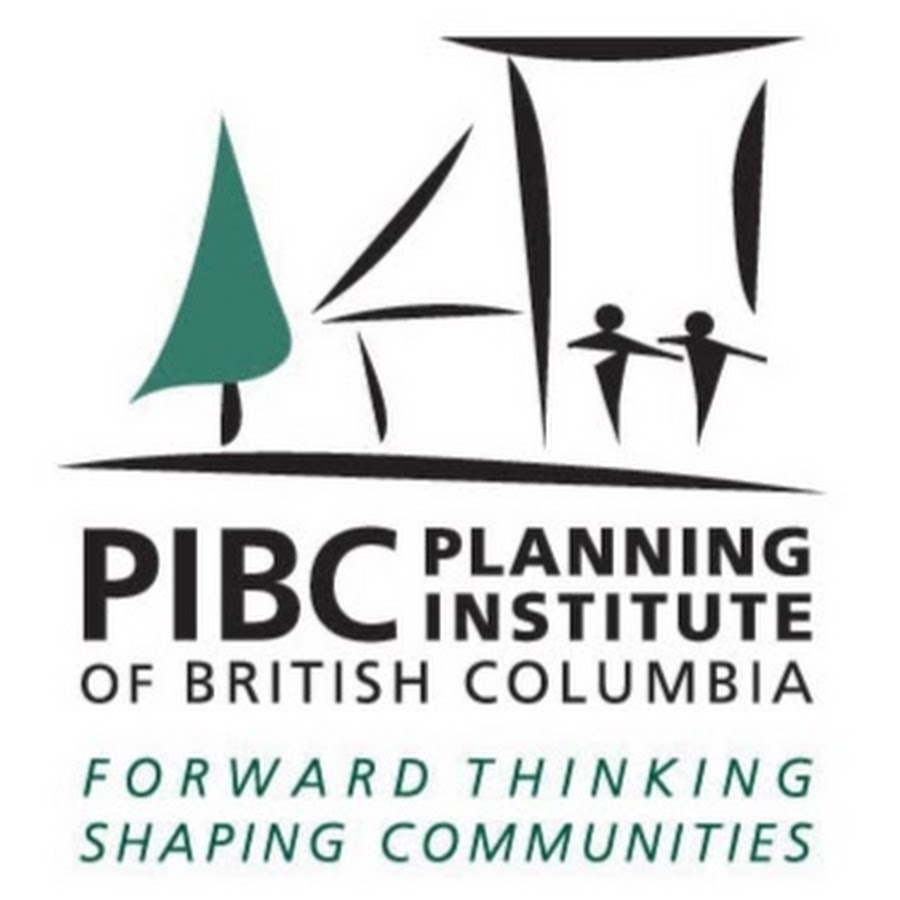Awards for Excellence in Planning
The Planning Institute of British Columbia (PIBC) annually recognizes the professional work and individual accomplishments of members across British Columbia and Yukon through its awards and recognition programs. The Awards for Excellence in Planning honour the best in professional planning work – policies, plans, projects, research etc. – undertaken by members in communities and regions across British Columbia and Yukon in six categories:
- Enduring Planning Performance
- Excellence in Policy Planning - Small Community & Rural Areas
- Excellence in Policy Planning - City & Urban Areas
- Excellence in Planning Practice - Small Community & Rural Areas
- Excellence in Planning Practice - City & Urban Areas
- Research & New Directions in Planning
Call for submissions is now open. Click here to make a submission.
2026 Awards Timeline
Call for submissions open: January 12, 2026
Submission deadline: February 23, 2026, 4 pm PT
Results released to submitters: May 1, 2026
Presentation of awards: June 2-5, 2026 at the 2026 PIBC Annual Conference - Bold Plans. Local Action. - in Penticton, BC
Click here to review the Call for Submissions.
Click here to make a submission.
Past Winners - PIBC 2025 Awards
Last year's awards winners were announced and recognized on June 12, 2025 in Vancouver during the Gala dinner at the PIBC 2025 Annual Conference - Next Chapter.
Click here to read about the 2025 awards winners (Planning West article, Summer 2025)
Click here for the official press release.
Click here for a list of the 2025 awards winners.
Questions? Please e-mail Kelly Chan, Manager of Member Programs & Services






